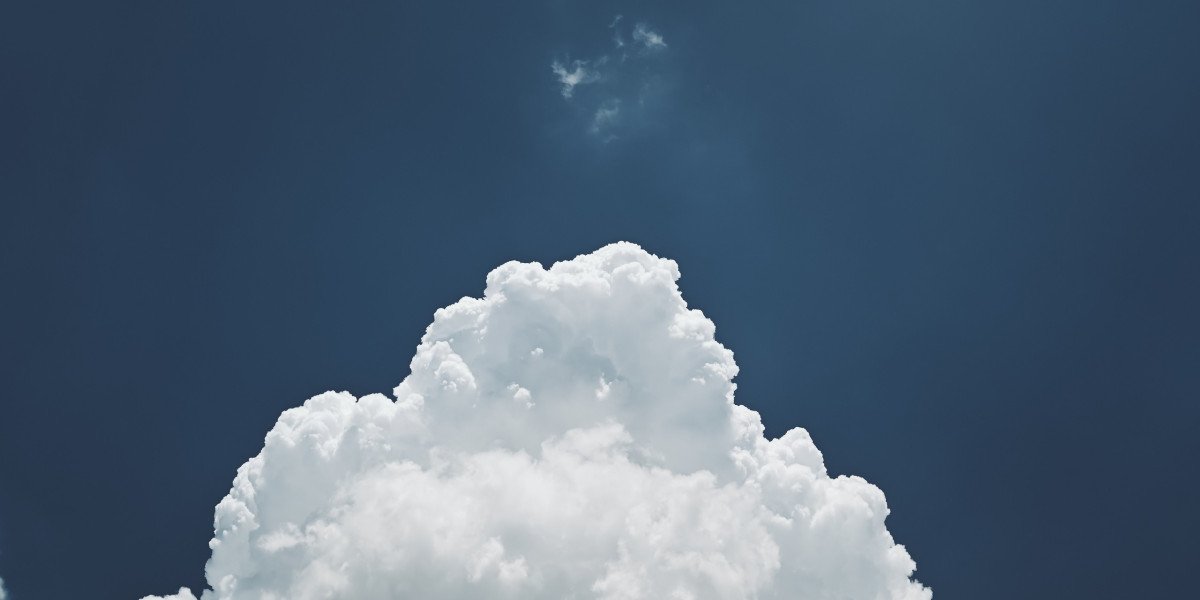In today's digital age, the power of online communities has become a transformative force, especially for LGBTQ+ women. These platforms offer a unique space where individuals can connect, share experiences, and build meaningful relationships. This blog post delves into the significance of digital communities for LGBTQ+ women, exploring how they foster connection, support, and empowerment.
Creating Safe Spaces for Authentic Connections
One of the most profound impacts of digital communities is the creation of safe spaces where LGBTQ+ women can be their authentic selves. In many parts of the world, societal norms and prejudices still pose significant challenges for LGBTQ+ individuals. Online platforms provide a sanctuary where they can express their identities without fear of judgment or discrimination.
For instance, forums and social media groups dedicated to LGBTQ+ women offer a haven for sharing personal stories, seeking advice, and finding solidarity. These spaces are often moderated to ensure a respectful and supportive environment, further enhancing the sense of security and belonging.
Fostering Global Connections
The power of digital communities extends beyond geographical boundaries, enabling LGBTQ+ women to connect with others from around the world. This global reach is particularly valuable for individuals living in regions where LGBTQ+ rights are limited or non-existent. Through online interactions, they can find support, learn from diverse perspectives, and gain a sense of global solidarity.
For example, virtual events, webinars, and online meetups bring together LGBTQ+ women from different cultures and backgrounds. These interactions not only broaden horizons but also reinforce the idea that they are part of a larger, interconnected community.
Empowerment Through Shared Knowledge
Digital communities are powerful tools for knowledge sharing and empowerment. LGBTQ+ women can access a wealth of information on topics ranging from mental health and legal rights to relationship advice and self-care. This collective wisdom is invaluable in navigating the unique challenges they face.
Consider the impact of online resources such as blogs, podcasts, and video channels created by and for LGBTQ+ women. These platforms offer practical tips, inspirational stories, and expert insights, empowering individuals to make informed decisions and advocate for themselves and their communities.
Building Lasting Relationships
Beyond support and knowledge, digital communities play a crucial role in facilitating romantic relationships for LGBTQ+ women. Online dating sites and apps designed specifically for LGBTQ+ individuals provide a safe and inclusive space to meet potential partners. These platforms often feature advanced matching algorithms and user-friendly interfaces, making it easier to find compatible matches.
Moreover, the anonymity and convenience of online dating allow LGBTQ+ women to explore their romantic interests at their own pace. This can be particularly beneficial for those who are not yet out or who live in conservative environments. By connecting with like-minded individuals, they can build meaningful relationships that might have been difficult to establish offline.
The Future of Digital Communities for LGBTQ+ Women
As technology continues to evolve, the potential for digital communities to support and empower LGBTQ+ women will only grow. Innovations such as virtual reality and artificial intelligence hold promise for creating even more immersive and personalized experiences. These advancements could further enhance the sense of connection and belonging within these communities.
In conclusion, the power of digital communities in embracing relationships and connection as an LGBTQ+ woman cannot be overstated. These platforms provide safe spaces, foster global connections, empower through shared knowledge, and facilitate lasting relationships. As we look to the future, the continued development and support of these digital communities will be essential in promoting inclusivity, understanding, and empowerment for LGBTQ+ women worldwide.







